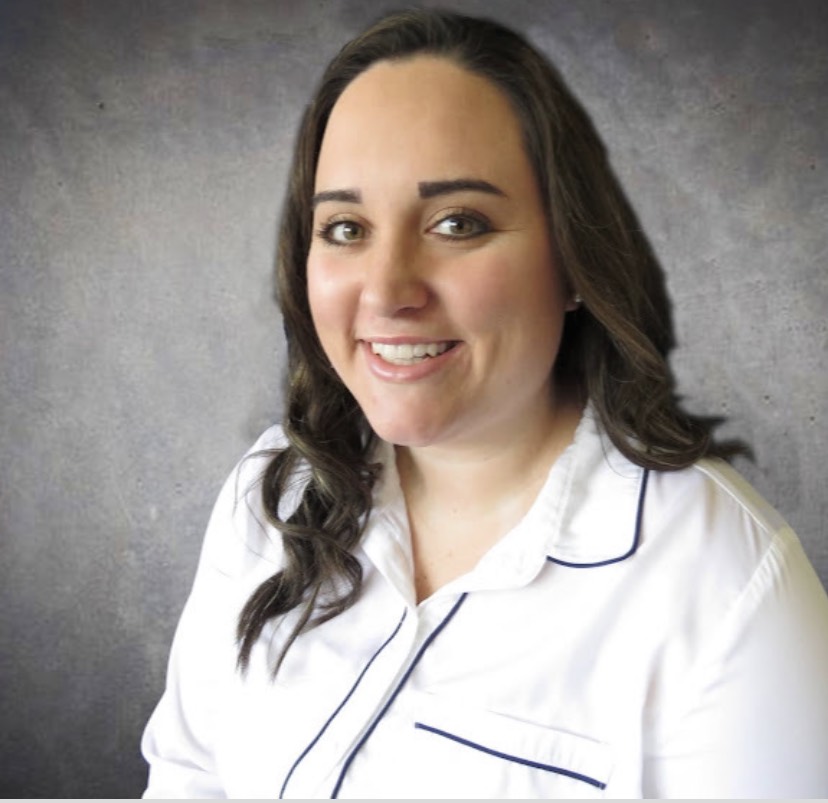May is Mental Health Awareness Month!
We sat down with one of our Youth Learning Center Program Directors, Lauren Savage to discuss mental health among youth. Lauren supports mental wellbeing and behavior management in our programs.
1. Tell us about your Y-story…
My Y story began in 2014 as a day camp counselor. My friends were all applying at the Y for a fun summer job before college and I wanted to get a summer job that aligned more with what I was about to study. I originally wanted to be a music teacher, so working with youth was always the goal. After three summers of camp and growing more and more each year, I decided to change my major to social work and transfer to Wayne State. There I finished my Bachelor and Master’s of Social Work degrees. I was fortunate to continue working in several youth programs part-time and full-time throughout my schooling. The Y is truly where I learned that behavior management and mental health are my passions. I currently serve full-time at the Y in youth programs and support with behavior management and mental health. I am also a youth therapist at Viewpoint Psychology and Wellness when I am not at the Y. I pursued this experience to gain some clinical experience and to hopefully eventually extend/modify some the services we are able to offer at the Y to further our mission of being for a healthy spirit, mind, and body for all.
2. What is mental health?
Mental health is a part of our holistic health and wellness. Just like everyone has a level of physical health and wellness, everyone has a level of mental health and wellness. It is critical to nourish your spirit and mind as much as it is to nourish your body – which is why The Y is a great place for all! If we go to the doctor for physical illness/concerns without stigma, we should be able to do the same for our mental health by seeing a therapist, joining a support group, or receiving medication for our mental health to name a few.
3. Why is it important to discuss mental health among youth?
With mental health being a specific facet of holistic health and wellness, youth need to be aware of ways to keep themselves mentally healthy. We teach young people how to brush their teeth, choose healthier food options, exercise, get enough sleep, etcetera. With this, they need to learn about habits and strategies for fostering a healthy mind. A lot of these align with a healthy body too! Learning coping skills early on as well as empathy, problem solving, personal responsibility, and other key skills is critical to the development of a healthy young person.
4. How does the YMCA support the mental wellbeing of youth?
The Y gives youth a unique setting where they are able to connect well with staff who are well-trained and can relate to the youth they serve. YMCA of the USA surveyed several staff members in YMCA’s across the country in the areas of empathy, emotion management, personal development, empathy, responsibility, and relationship building. Out of all of these necessary traits for working with youth, the strongest trait was relationship building nation-wide. YMCA employees are empathetic and relatable role models for youth during critical out of school time programs. The YMCA core values of honesty, caring, respect, responsibility, and inclusion are also the pillars of all operations. Youth are encouraged to be themselves here, try new things, and learn how to use their voice in a positive and nurturing manner.
5. What can parents do to support their children’s mental wellbeing?
All behavior is a form of communication, and unwanted behaviors are needs that are ultimately unmet. Active listening and being able to rationally work through big or challenging emotions are ways to help meet these needs. This involves parents practicing their own regulation skills in order to proceed rationally through a challenging circumstance! Along with this, modeling the healthy habits we want our youth to adopt is the best way to encourage them to get involved. Maintaining a close relationship, setting and maintaining boundaries, fostering positive peer social connections, and establishing and maintaining routines, are other ways for parents to help foster a holistically well young person!

